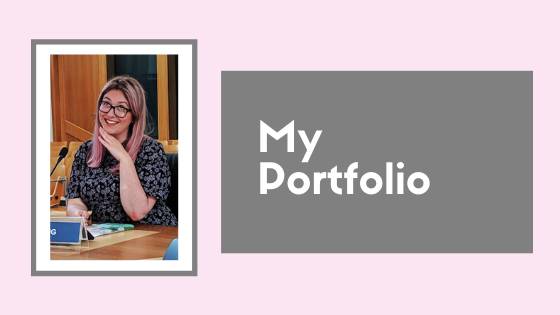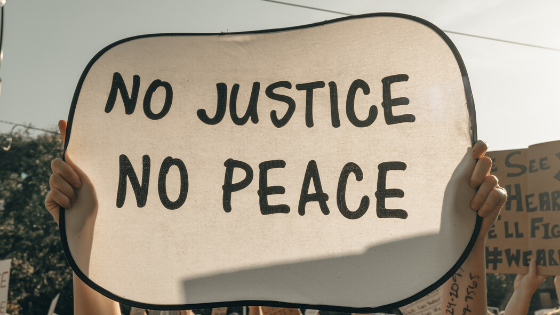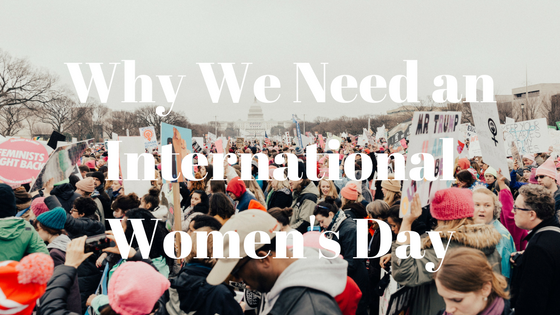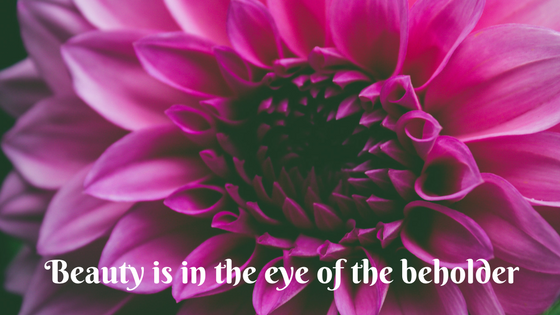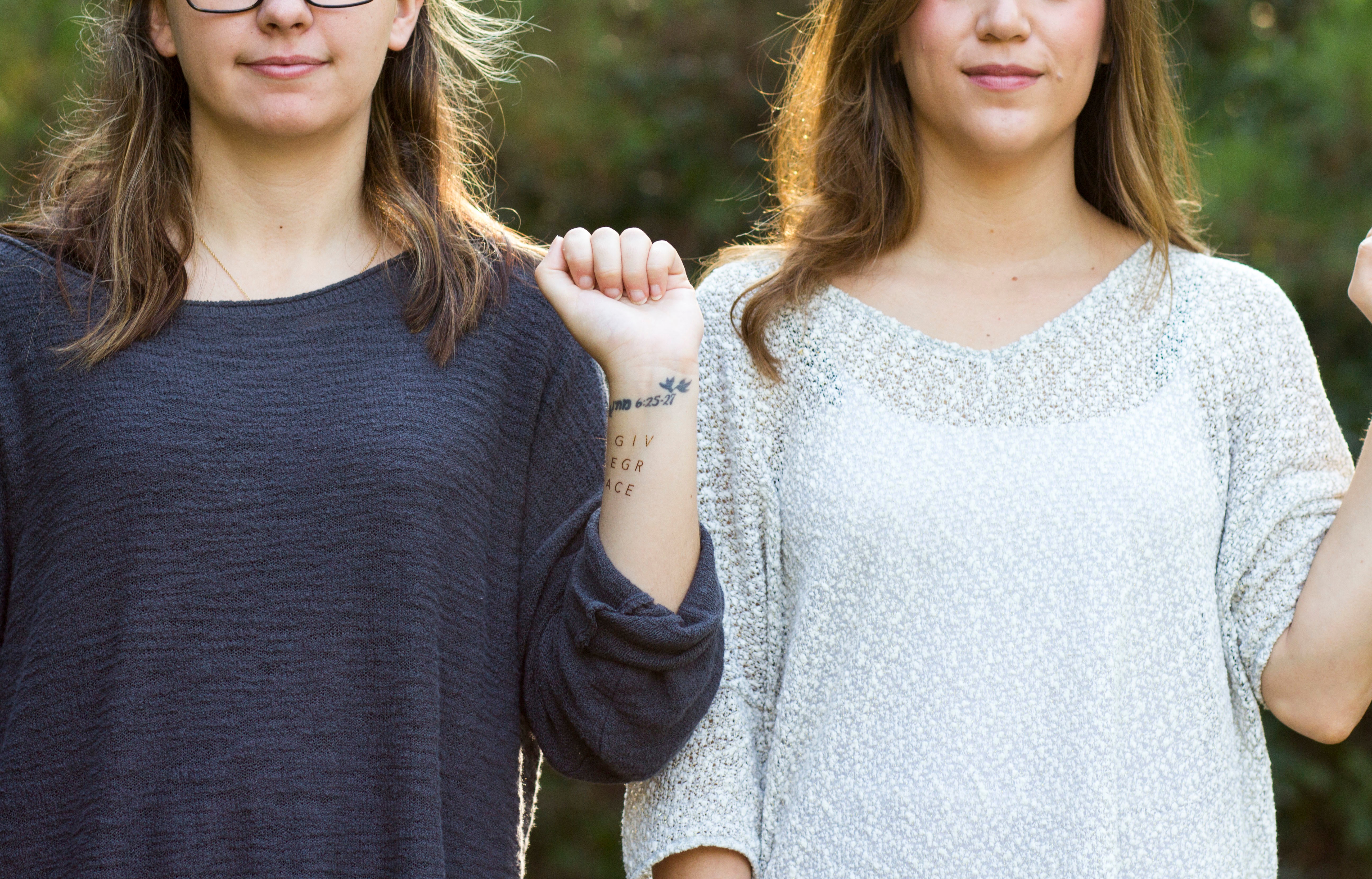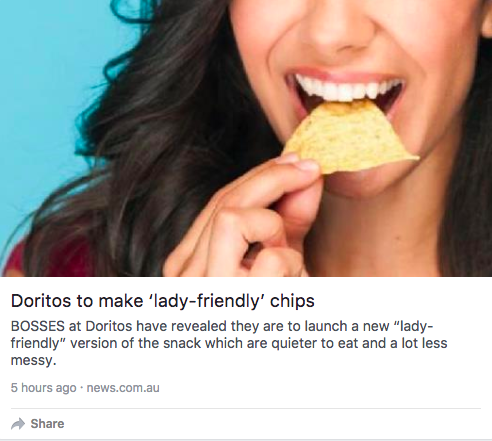I’m signed up to GirlBoss’s newsletter and my weekly email from Sophia Amoruso dropped in my inbox like clockwork. I like Sophia. She is bolschy, driven and badass. Her latest email, though, left me torn.
The power of no
In her email, Sophia talks about the power of saying no. In the context of the email, she’s talking about finding better focus and the rejecting the daily distractions that make procrastination easy and getting shit done all the harder.
Learning the power of “no.” Sure, saying yes can open doors for us, but once we’re focused on what we want to achieve, often “no” is much more powerful…It can help to start saying “I don’t do that” rather than “I can’t do that” when responding to requests from people, so they know that as a rule, you aren’t interested in a particular type of engagement. It can be liberating to go home at the end of the day and not do something. I’ve found that not drinking on weekdays can make me much more apt to decline social events that could distract me from my focus.
In self-care terms, I think Sophia is right. Learning to say no, to prioritise your own needs over others’ is a great skill and one we find difficult to master as a general rule. However, “just saying no” doesn’t always work.
Broken records
While the sentiment of this email initially comes across as empowering and encouraging, it’s kind of missing the point. Women have been saying no for years. We’ve been saying no to telesales calls and street marketers trying to sell us broadband. We’ve been saying no to men who won’t take no for an answer. No isn’t enough. And to tell us to “just say no” is patronising with a touch of victim blaming.
This fantastic article from Jessica Eaton highlights the problems with telling women to “just say no” and I can’t recommend enough that you read it. It’s wholly relatable to women who have been accosted and analyses the reactions we have.
There is no weight behind a woman’s initial No. In fact, most women won’t actually say No in the first instance because we have to weigh up the potential consequences of telling a man no. I’m sick to the back teeth of that. I don’t want to have to put another human’s feelings before my own safety, but many times I do.
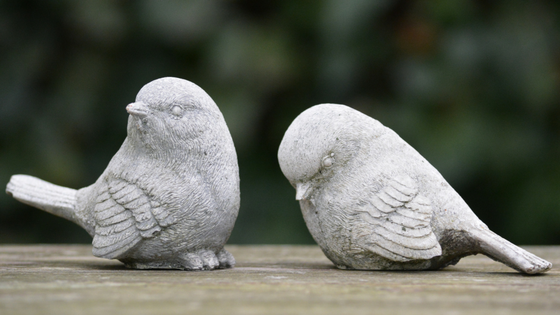
Softening for protection
Clothing. Words. Facial expressions. Reactions. The routes I walk home. The time. My company. The number of strangers.
These are some of the considerations I make to minimise the chance that I encounter some form of harassment, or worse, on a regular basis. I don’t walk home alone late at night if I can help it. I consider how provocative I look. Whether my actions could be misconstrued. How I present myself to friends and strangers alike.
I soften my rejections of unwanted attention online too, to save myself from a potential, real danger. I’m angry that I have to weigh the pros and cons of telling someone to leave me the hell alone. That, in doing so, I may be putting myself at further risk – not unlike in the physical world.
I shouldn’t be worrying about the consequences of my actions in these cases. I’m furious that, out of fear, I must extinguish the rage. I must hold my tongue, stop myself from flying into a fit of keyboard-smashing fury, and sharing exactly how I feel about these unwanted and unnecessary messages or comments.
It’s not cute. It’s not flattering. It’s not even pathetic or worthy of sympathy. It’s just wrong.

There are so many potential dangers I think about when I reject someone in person. When interacting online, there are always communication barriers and issues in recognising tone, intent and a dozen other cues usually read through body language, vocal pitch and facial expression. However, when you’ve been given your seventh polite No Thanks – on or offline – take the hint.
What you may or may not realise is that through all the polite declines, your conversation has likely put the other participant through the emotional wringer. She may have been flattered at first in your interest. That flattery will soon turn to boredom, then disdain, and then anger. Anger at the fact that she cannot tell you to Fuck Off because you have the power to hurt her, even through a screen.
The threat you potentially pose is not enough for me to relent. You will not wear me down until I say yes. You will exhaust me, though, and force me into the position where I feel I have no choice but to put myself in jeopardy. The pain, anguish and fear such a decision creates as I tell you where to go is on you.
Your intentions may be pure, but your characterisation of those intentions is hugely intimidating. Take a step back and assess the conversation. If I’ve never shown interest before, why would I now? What you’re doing is trying to manipulate me. I won’t ever agree to that.
Take the rejection well, learn from it and promise yourself that you’ll not pursue your next target so relentlessly.
We’re all vulnerable and we’ll all make mistakes, especially by misinterpreting others. Reflecting, assessing and learning from our pasts gives us the opportunity to do it right next time.
Just Say No
Like Jessica Eaton pointed out – telling people to Just Say No is victim-blamey and uncomfortable. It suggests women aren’t pained, emotionally drained, and often physically hurt by saying No. No has become irrelevant. Consent has lost its weight. The conversation needs to change. Why aren’t we asking men why they still keep asking? Why aren’t we questioning men about their shameless pawing and relentless badgering of women? Why aren’t we shaming men for not respecting women’s decisions?
This tired, misogynistic stereotype of the Woman Chaser is so overcooked by Hollywood it’s nothing but ash. It’s not romantic to be chased. It’s not flattering to be harassed. It’s not a sign of love that you won’t give up – it’s uncomfortable. Wearing a woman down until she says yes is not enthusiastic. It’s barely consent.

We need to get rid of this hurtful narrative – it’s teaching women to want to be chased, and promoting harassment as love to men. We all deserve better. We deserve to be treated with respect. We deserve to be listened to in the first instance. We deserve respect as women and as humans, not as someone else’s girlfriend/wife/property.
Learning to say no, for ourselves, is one thing. Learning to listen and respect a woman’s No is vital. Both are valuable lessons and both are necessary steps forward if women are to share space with men as equals.
